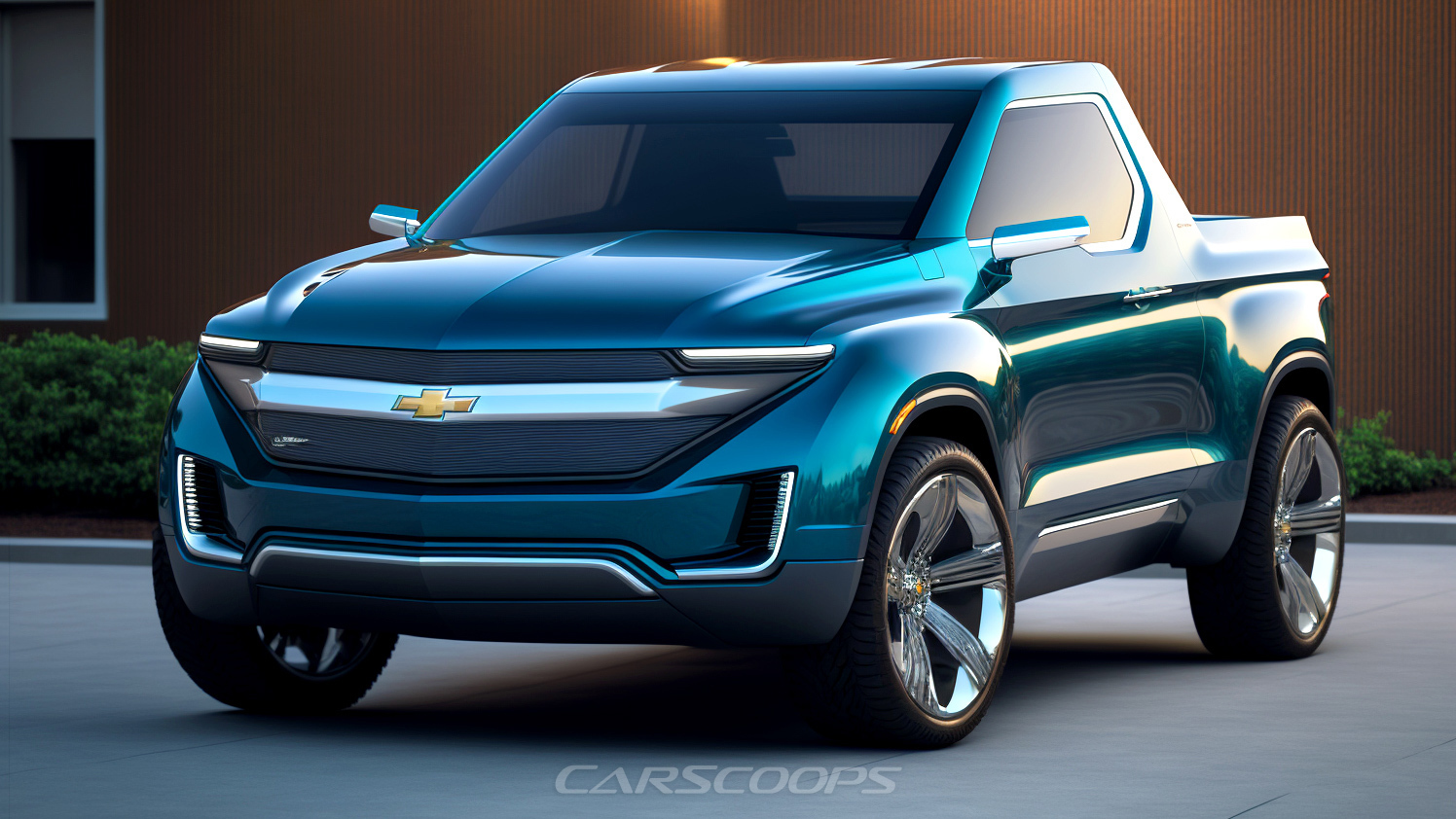ItsNotAboutTheMoney
Well-Known Member
BTW I messed up my previous post. It shouldn't have included the bz4x quote. It was a reply to JRP3's comment on the baby pickup. Should have been more like:
Later Barra tried to tell congress that they can't meet ambitious fuel economy goals because people want pick-ups.
So, they literally spent money encouraging people to get a pick-up instead of a sedan and then told Congress it was just natural market demand.

GM Gauges Interest For Baby Electric Pickup Smaller Than Ford's Maverick | Carscoops
The electric truck that was shown in prototype form at GM's design studio has two doors and a 4- to 4.5-foot bedwww.carscoops.com
Smaller than the Ford Maverick.
My comment was a reference to Chevrolet's "Real People" commercial in which they asked women and children to compare a couple of silhouette images with a man standing next to a pickup and a man standing next to a sedan.I like it, but if history is any indication if they do build it it won't look that good.
But at least you'll look much more manly standing next to it than next to a sedan like the Model 3.
Later Barra tried to tell congress that they can't meet ambitious fuel economy goals because people want pick-ups.
So, they literally spent money encouraging people to get a pick-up instead of a sedan and then told Congress it was just natural market demand.




